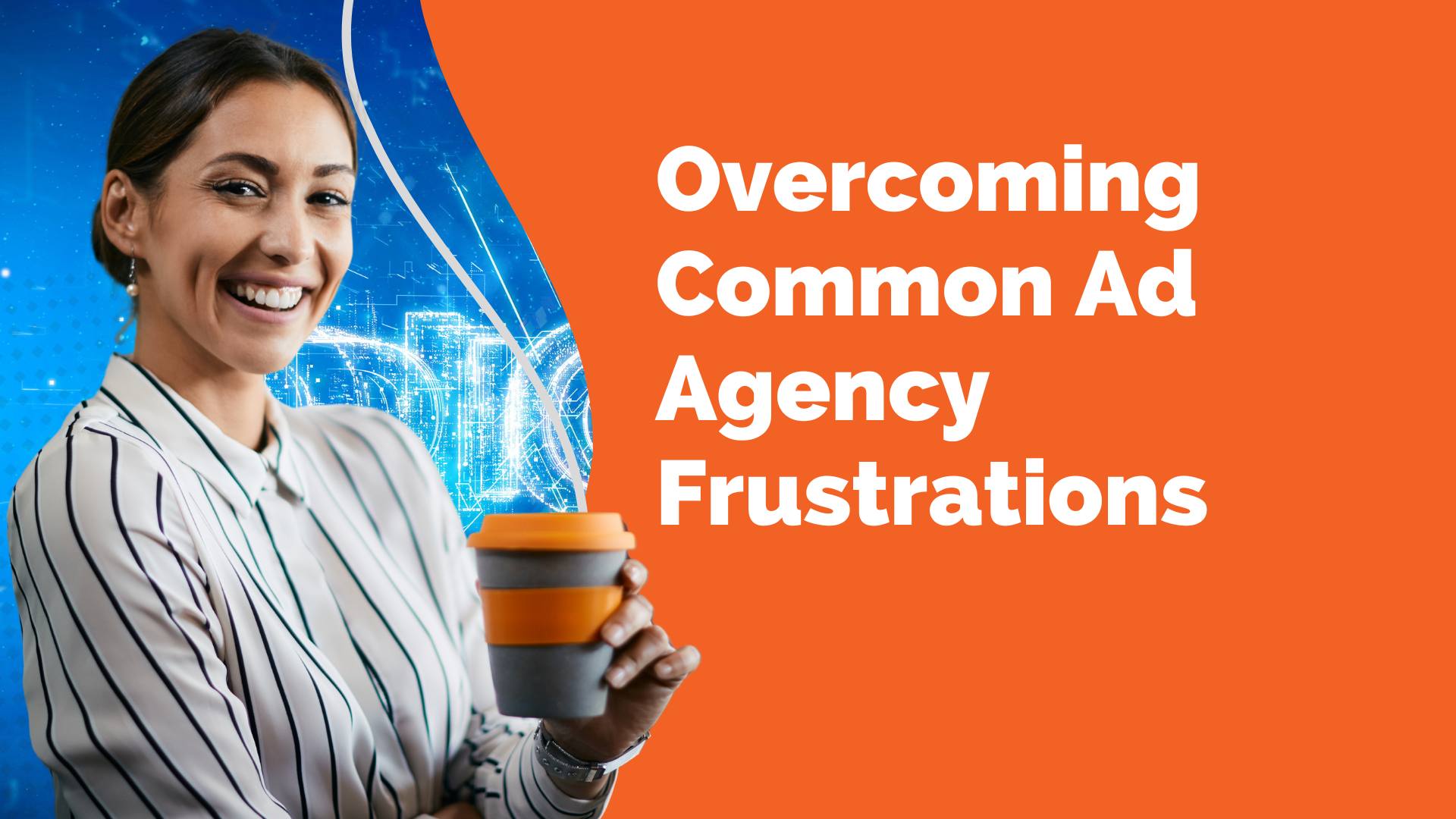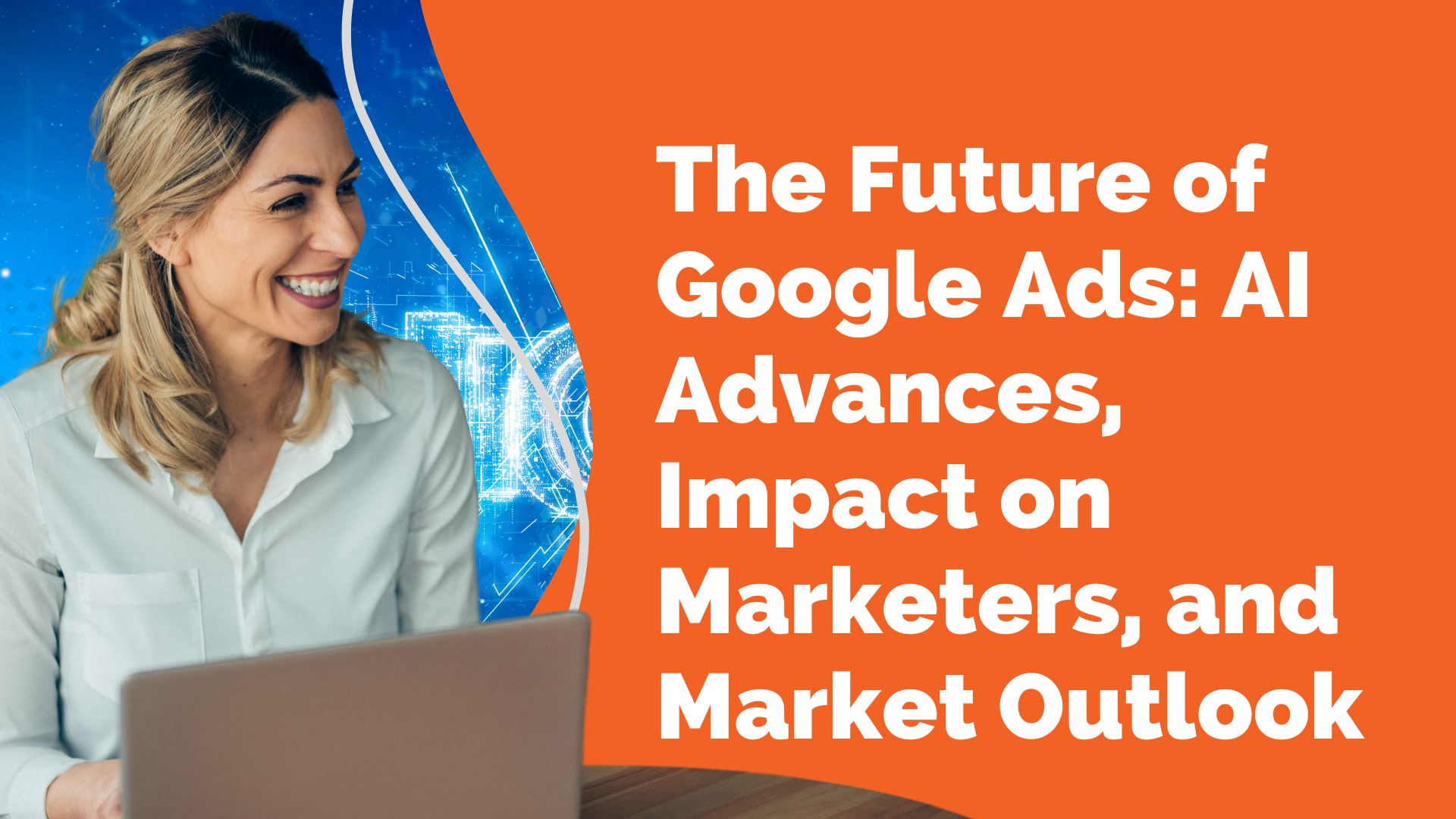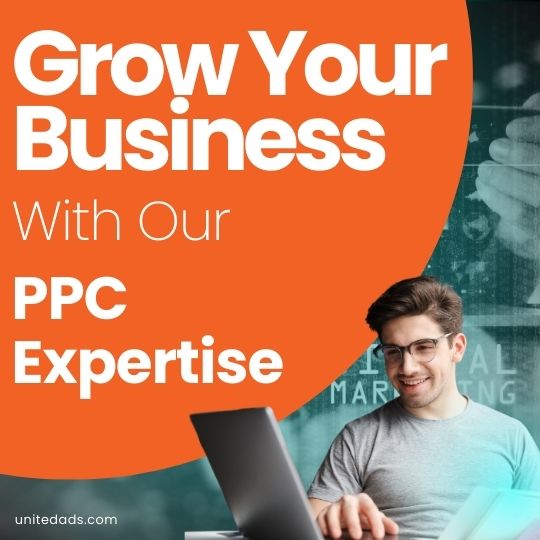Google Ads has evolved into a pivotal marketing channel for brands of all shapes and sizes—but is Search Engine Advertising (SEA) truly effective for B2B companies?
Absolutely. When thoughtfully executed, SEA becomes a beacon that shines directly into the eyes of decision-makers and key stakeholders actively hunting for solutions.
By zeroing in on finely tuned keywords, you unlock the power to show up precisely when potential clients are poised to make buying decisions. This doesn’t just elevate your brand’s profile—it places high-quality leads in your sights, ready for you to convert.
For B2B enterprises looking to spark growth, SEA offers a compelling mix of visibility, timeliness, and strategic targeting, lighting the way toward sustainable success.
The question of whether Search Engine Advertising (SEA) via platforms like Google Ads is effective for the B2B sector has stirred debate among marketing experts. Opponents argue that paid advertising is more conducive to B2C, where purchasing decisions can be driven by impulse. However, this post contends that SEA can be remarkably potent for B2B marketers—provided they account for the unique complexities of business-to-business sales cycles and buyer behavior.eaningful, sustainable growth for B2B enterprises.

Why B2B Businesses Should Embrace Google Ads
1. Reaching Informed Decision-Makers
B2B purchasing often involves multiple stakeholders who thoroughly research solutions before making a decision. But these stakeholders are still individuals who regularly consult Google for vendor comparisons and peer reviews. If they’re searching for terms like “enterprise data analytics solutions” or “industrial-grade manufacturing software”, you can assume they’re already far into the buying process. A well-executed Google Ads campaign ensures your brand appears at the precise moment these influential decision-makers seek answers.
Argument: Ignoring SEA in B2B could mean missing critical opportunities to engage potential clients during the vital research and comparison stages of their journey.
2. High-Intent Keywords for Better ROI
B2B buyers don’t rely on cursory searches. Their queries are often specialized and indicate a serious need. While cost-per-click (CPC) may be higher for these niche keywords, the quality and intent behind each click also tend to be superior. Targeting long-tail B2B search terms not only attracts relevant traffic but can also translate into higher conversion rates once prospects reach your landing pages.
Argument: Although the price per click may intimidate some, the potential lifetime value of a B2B client often justifies the investment.
3. Instant SERP Visibility
Investing in Search Engine Optimization (SEO) is essential, but dominating organic rankings takes time. Google Ads, however, offers a fast lane to the top of the Search Engine Results Page (SERP), letting you compete effectively even against long-standing industry giants. For new or smaller B2B companies, this instant visibility can be a game-changer, especially if you operate in a crowded or specialized market.
Argument: Delaying your paid search strategy hands the advantage to competitors who are already capitalizing on immediate visibility and recognition in your industry’s key search terms.
Key Challenges in B2B SEA (and How to Overcome Them)
1. Prolonged Sales Cycles
The multi-stage nature of B2B purchasing can make it challenging to directly link Google Ads spend to revenue. Prospects may engage in multiple touchpoints—reading whitepapers, signing up for demos, or attending webinars—before they’re ready to buy. However, setting up micro-conversions helps track each step in the lead funnel. By capturing contact form fills, email subscriptions, and demo requests, you can measure the effectiveness of your ads long before the final sale.
Argument: Rather than viewing long sales cycles as an obstacle, consider them an opportunity to refine your nurturing process. Detailed tracking at each stage helps you optimize and tailor your campaigns for maximum impact.
2. Higher CPCs
Certain B2B niches—such as enterprise software or industrial equipment—can experience significantly higher CPCs than consumer markets. Yet if your product or service commands a large contract value, even a small number of qualified clicks can result in substantial ROI. Additionally, focusing on highly specific long-tail keywords and negative keyword filters can minimize wasted ad spend on irrelevant searches.
Argument: Don’t let higher CPCs deter you. Instead, leverage precision targeting to capture more relevant prospects and secure high-value deals.
3. Multi-Stage Conversions and Analytics
B2B doesn’t typically involve a straightforward “Add to Cart” scenario; it includes demonstration scheduling, proposal requests, and negotiation phases. A robust analytics setup is essential to accurately attribute leads to each paid search campaign. Integrating Google Analytics with a CRM platform provides an end-to-end view of the buyer’s journey, helping you refine ad groups, keywords, and bidding strategies over time.
Argument: Multi-stage conversions aren’t a limitation of SEA; they’re a hallmark of B2B. Embrace advanced tracking to pinpoint exactly where your ads are driving real-world results.
Strategies for Maximizing B2B SEA Success
1. Hyper-Refined Keyword Strategy
To optimize B2B SEA, start with thorough keyword research. Pinpoint the specialized terms your prospects are likely to use, and separate them into targeted ad groups. Always manage a negative keyword list to exclude irrelevant traffic, ensuring you only pay for the most valuable clicks.
2. Account-Based Marketing (ABM) Integration
ABM zeroes in on high-value target accounts. Through Google Ads, create custom audience segments that match the firmographics of the top companies you wish to engage. Tailor your ads and landing pages to speak directly to the pain points of each segment.
Argument: By combining ABM principles with precision ad targeting, you forge deeper connections with prospective clients at the exact moment they’re researching solutions.
3. Optimized Landing Pages
Directing clicks to generic homepages wastes precious ad spend. Instead, develop landing pages that address the exact problem your ad promises to solve. Align the headline and body copy with the specific keyword group, and feature industry-focused case studies, trust badges, and clear calls to action (CTAs).
4. Robust Remarketing
B2B conversions rarely happen on the first interaction. Remarketing (or retargeting) campaigns keep your brand top-of-mind by serving display or search ads to individuals who have previously visited your site. Segment these audiences by page visits or funnel stage to tailor remarketing efforts—top-of-funnel visitors might see thought leadership content, while returning site users could see demo offers.
Argument: B2B buyers need multiple brand touchpoints. Effective remarketing nurtures potential leads until they’re prepared to take the final step.
5. Embracing Automated Bidding
Google’s automated bidding strategies, such as Target CPA or Target ROAS, use machine learning to optimize bids based on a variety of real-time signals. When combined with accurate conversion tracking, these automated tools can significantly improve ROI by allocating budget where it’s most likely to drive conversions.
Conclusion
Despite persistent myths suggesting otherwise, Google Ads is not just a B2C instrument. The often-longer and more complex sales cycles in B2B do present challenges—higher CPCs, multi-stage conversions, and the need for deeper analytics. Yet these hurdles don’t diminish the efficacy of SEA; rather, they underline the importance of precision targeting, detailed tracking, and strategic campaign design.
So, is SEA useful for B2B? The evidence strongly indicates it is. With a focus on niche keyword targeting, custom landing pages, effective remarketing, and thorough conversion tracking, Google Ads can consistently generate high-quality leads and drive meaningful, sustainable growth for B2B enterprises.







